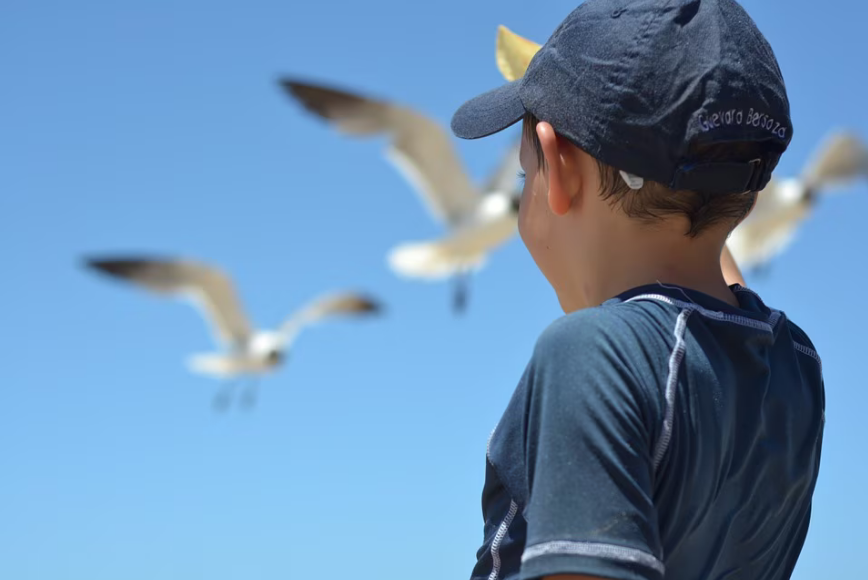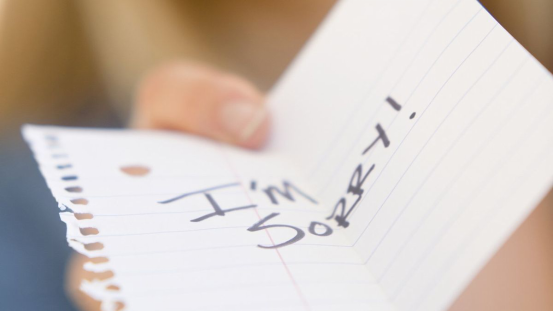用微信扫码,手机上答题

微信扫码,添加客服





1 . Which of the following is a main finding of the study discussed in the article?
A.
Negative emotion words in headlines increase click-through rates, while positive emotion words decrease them.
B.
Infants pay more attention to negative stimuli than positive stimuli.
C.
People tend to share more news content if it makes them angry.
D.
Different discrete emotions have the same downstream effects on behavior.
2 . According to the article, what is the "negativity bias"?
A.
The idea that people tend to engage more with negative news content online.
B.
The idea that people dislike losses more than they like gains.
C.
The idea that journalists prefer negative news stories.
D.
The idea that infants pay more attention to negative stimuli.
3 . Why is the dataset analyzed by Robertson and colleagues considered special?
A.
It is data on the number of clicks in response to over 105,000 headlines on the news site Upworthy.
B.
It is data on the number of shares of news content that makes people angry.
C.
It is data on the number of positive and negative words used in headlines.
D.
It is data on the number of people who read news stories online.
4 . What did the researchers find regarding the effect of words about fear in headlines on click-through rates?
A.
Words about fear increased click-through rates.
B.
Words about fear decreased click-through rates.
C.
Words about fear had no significant effect on click-through rates.
D.
The article does not provide information on the effect of words about fear on click-through rates.
5 . What is the author of the article excited about?
A.
The idea that people tend to engage more with negative news content online.
B.
The finding that different discrete emotions have the same downstream effects on behavior.
C.
The trend of psychologists digging into real-world decision-making data to gain insights into the ways that emotion impacts decision-making.
D.
The fact that the study discussed in the article did not look at individual differences in news consumption.















